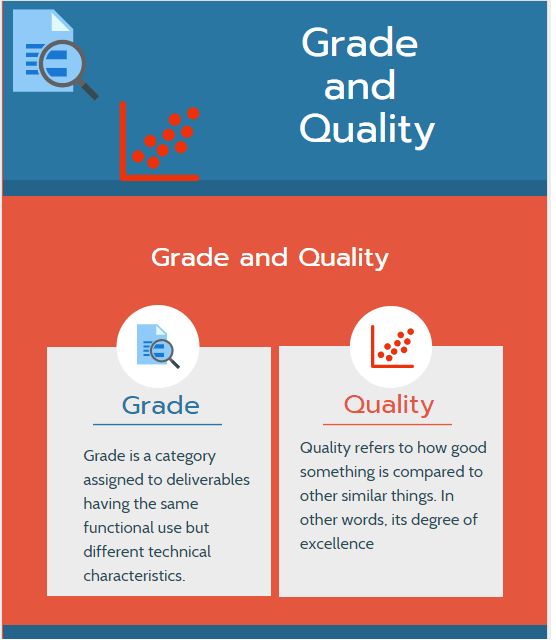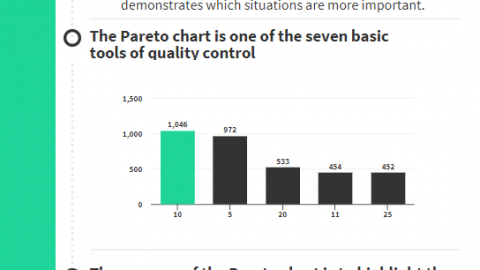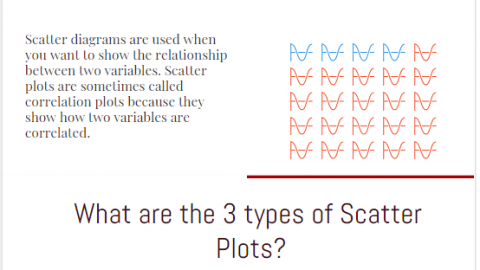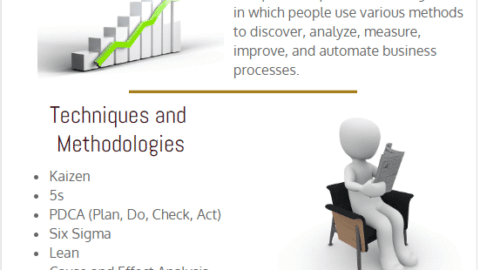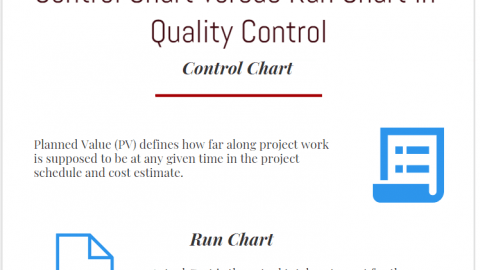Grade vs Quality Explained with Examples
Grade vs Quality is one of the most popular articles in our blog. Grade and quality terms are widely used in project quality management as well as in our daily life. Most of the time we make comments about a product or a service related to its technical features and conformance to the requirements.
Table of Contents
In our daily life, while making comments for a product or a service, we often say low-quality product, high-quality service, etc.
When do we say “low”, do we refer a bad or an undesirable thing?
Basically, they are different terms and they express different contents. They are widely used in project management and generally, people don’t understand the difference between them. In business, both terms indicate establishing or meeting standards but they are not synonymous.
Grade and Quality Terms in Project Management
What is Quality ?
Quality is the degree to meet the customer’s or end user’s requirements. In other words, quality is conformance to the product’s and customer’s requirements.
High-quality product means the product that meets the quality requirements established in the product specification.
Within a project, the project team is responsible for the quality of the product.
What is Grade ?
According to the PMBOK Guide, the grade is a category assigned to deliverables having the same functional use but different technical characteristics.
According to this definition, the term “Grade” is related to the products technical features. In other words, products can be graded based on their technical configurations.
Example for Grade and Quality
Let’ s assume that you will buy a laptop computer for the project management office. There are two options to be selected.
The low-grade option has limited features and capacity, it does not have Bluetooth, camera and its microprocessor is poor.
On the other hand, the high-grade option has advanced capabilities and features, it has a camera, Bluetooth and advanced microprocessor.
But is the high-grade option working properly? Is the keyboard wacky? Is the battery not charging?
If you buy a low-quality laptop, you will have to answer these questions. Grade of the production is not related to its quality.
If you read the definitions of both concepts, you will see that there are many differences between them. Grade is directly related to the technical configuration of a product. As the technical configuration changes, grade of a product will change.
On the other hand, quality of a product is directly related to it’s conformance to the requirements.
Therefore grade of a product may be high but it’s conformance to the requirements may be low. On the other hand, a low-quality product cannot be acceptable even if it’s grade is high.
Grade vs Quality
- Low quality does not refer to a low-grade product, high quality does not refer to a high-grade product.
- Grade is related to technical features. Therefore, a low-grade product can be acceptable. However, quality is related to meeting the customer’s requirements. Therefore a low-quality product cannot be acceptable.
Summary
Grade vs quality is an interesting concept. They refer to different meanings. Although it is not a difficult concept, most of the time people don’t understand the main differences between them. A product can be a low grade but it can meet the quality requirements. On the other hand, it is possible that a high-grade product may not meet the quality requirements. In other words, high grade does not imply high quality and low grade does not imply low quality.
In this article, we make a clarification for these widely used quality terms. We hope that it will be useful for the PMP aspirants. Please note that this concept is very important for the PMP Certification Exam. You may encounter a few questions related to it.
External Reference
[1] American Society for Quality, Glossary
See Also
Recommended Course

Since 2004 I work for ICT Management which provides worldwide quality management service. Passionate about new technologies, i have the privilege to implement many new systems and applications for different departements of my company. I have Six Sigma Green Belt.

